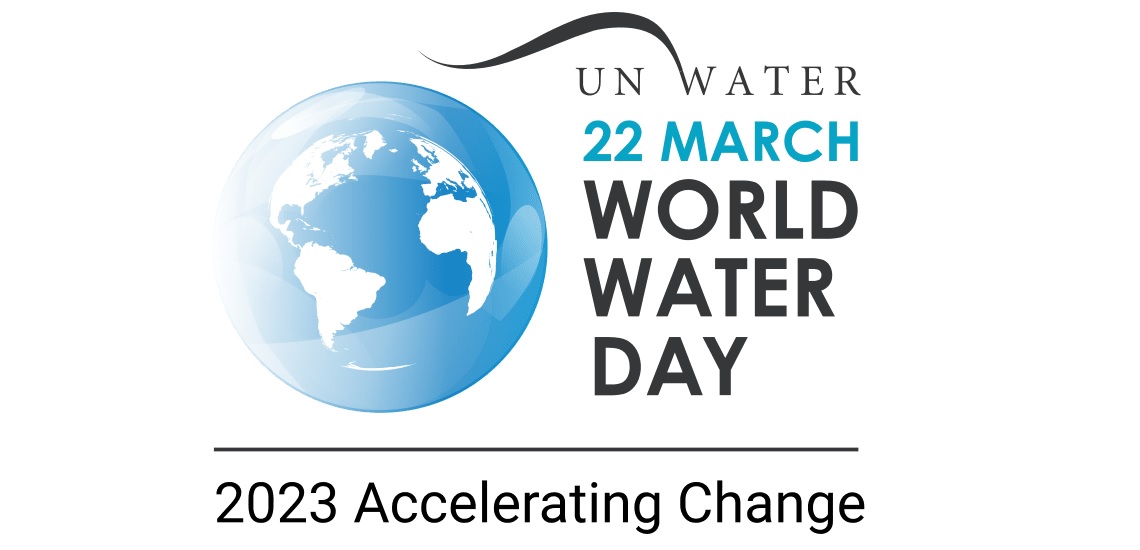TNU states that to manufacture a new tyre, 1,950 litres of water are needed and only 878 litres for a retreaded tyre, saving 45% of water
TNU issued a press release to mark World Water Day on March 22, a date that seeks to raise awareness about the water crisis that our planet is suffering and that has led to droughts around the world. In addition, it also aims to remind us of the need for millions of people to access drinking water. Between 2,000 and 3,000 million people suffer from water scarcity in the world, a problem that will worsen in the coming decades, especially in cities, according to UN data.
Globally, water use has been increasing by approximately 1% per year for the past 40 years and will continue to do so in the future. Meanwhile, in parallel, extreme weather events resulting from climate change are increasing. One of the most obvious consequences of this global warming is that it rains less and less in certain areas, or that some rivers dry up, this makes water a limited resource.
Water scarcity affects more than 40% of the world’s population. In addition, not all the water that exists on the planet is suitable for human consumption, which is why currently, all efforts invested in saving water or protecting water resources are essential to maintain the balance of the ecosystem. Let us not forget that water is essential not only for human consumption but also for all living beings on the planet. 70% of the planet is water, just like our body, which is also made up of 70% water.
Carrying out the correct management of end-of-life tyres, a mission in which TNU participates, not only translates into the reduction of waste that accumulates in nature, it also encourages the reuse, recycling and recovery of waste end-of-life tyres contributing to saving water and protecting our environment. In this sense, through the recycling of tyres, millions of litres of water are saved, since the use of this resource is greatly reduced


















